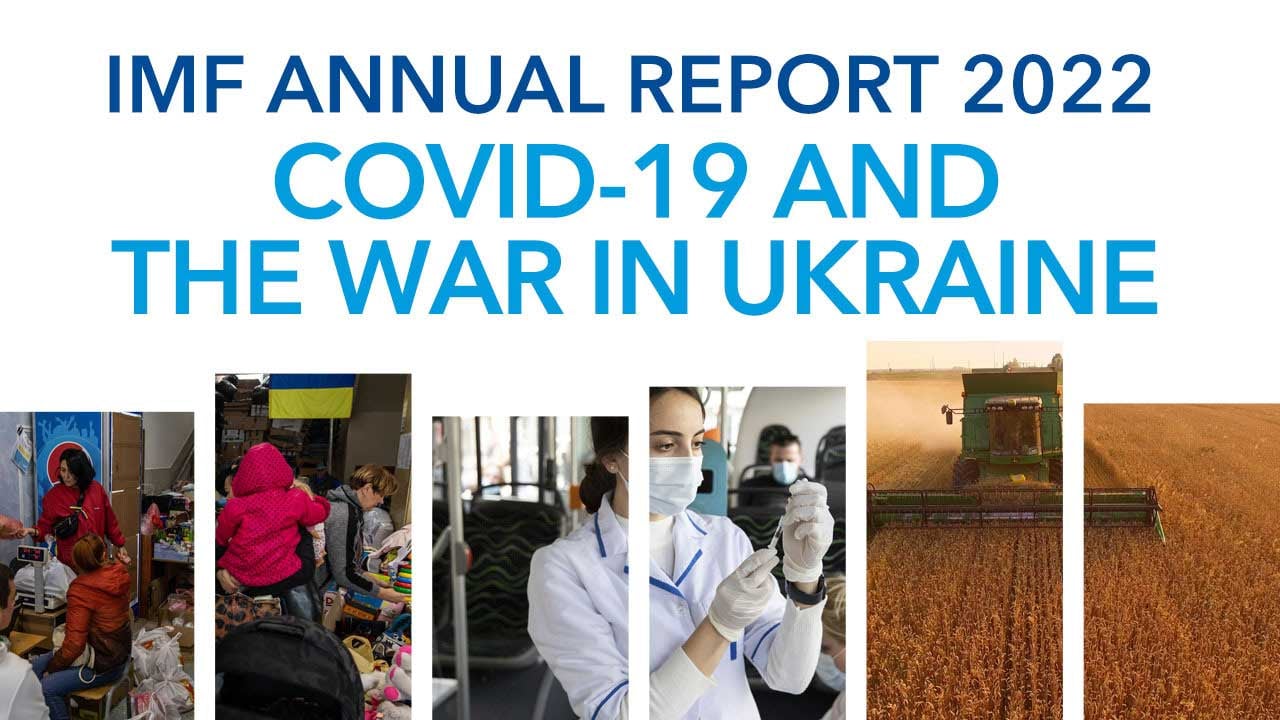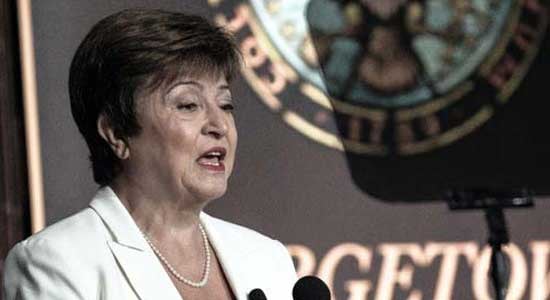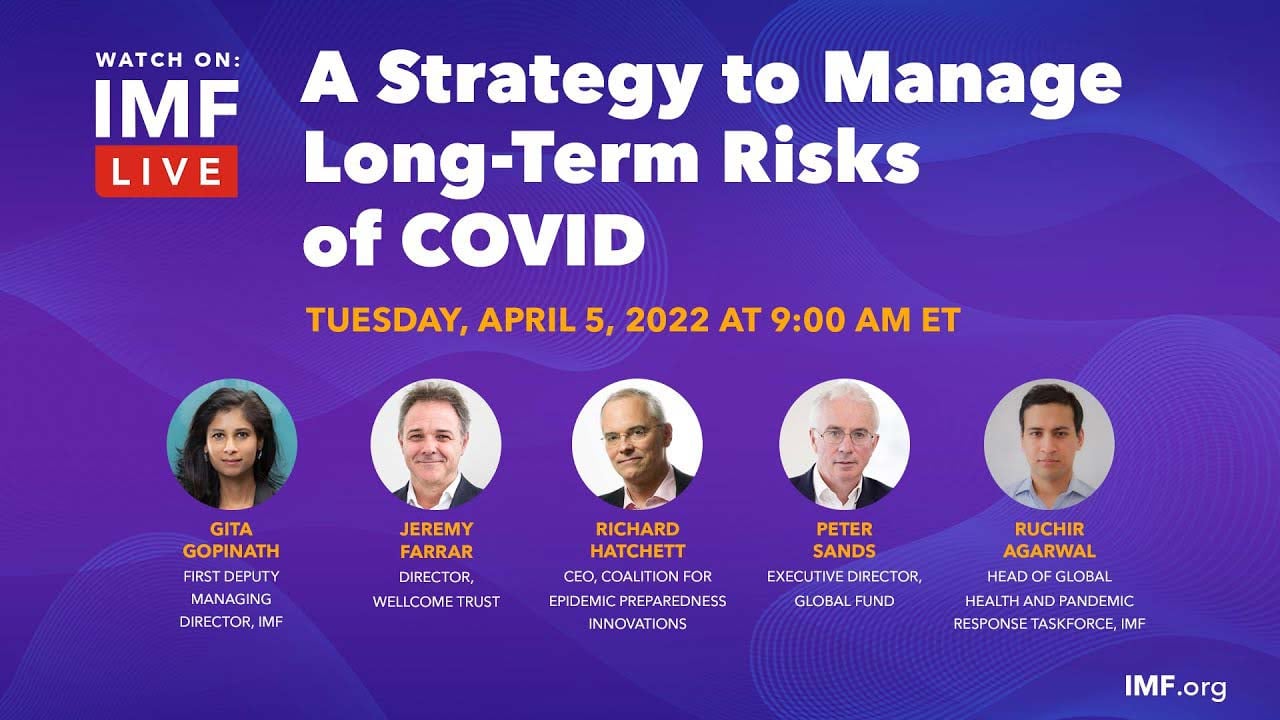COVID-19
The IMF is fully committed to supporting our member countries, particularly the most vulnerable; we have the tools to help; and we are coordinating closely with our partner institutions.

COVID-19 AND THE WAR IN UKRAINE
News & Publications
Shaping Asia’s Future
Opening Remarks by IMF Managing Director Kristalina Georgieva at the Asia in 2050 Conference
Debt Confronts Policymakers With Difficult Trade-offs
There are few elegant, easy, or politically attractive ways to reduce debt
Stock-Bond Diversification Offers Less Protection From Market Selloffs
Diversification has become harder since 2020 as stocks and bonds tend to move in tandem during sharp selloffs, adding to financial stability concerns
Global Economy Shakes Off Tariff Shock Amid Tech-Driven Boom
But risks are rising, including from the concentration of tech investment and the negative effects of trade disruptions, which may build over time
New Skills and AI Are Reshaping the Future of Work
Policy choices will determine whether workers and firms are adequately prepared for the AI revolution
Top 10 Blogs of 2025
Debt, Stablecoins, AI, and Global Economy’s New Era Drew Blog Readers
Top Five IMF Blog Charts of 2025
Chart of the Week visuals illustrate major developments during a year of uncertainty and resilience
Podcast: Navigating a More Fragile World
With shock upon shock hitting the world economy in the last three years, IMF Managing Director Kristalina Georgieva's customary opening speech to the Annual Meetings warned of a darker global outlook and emphasized the need for the world to come together to deal with the consequences.















